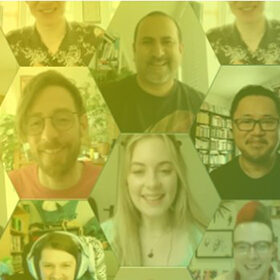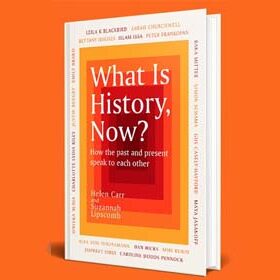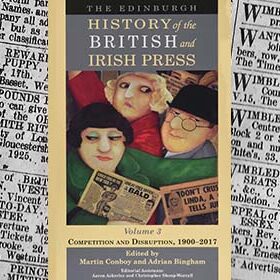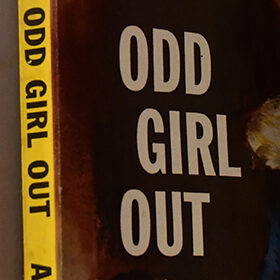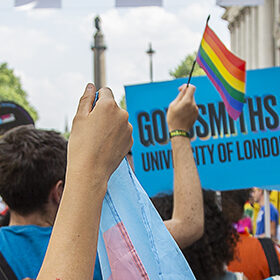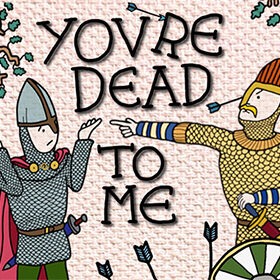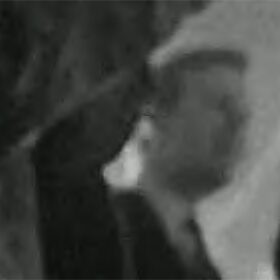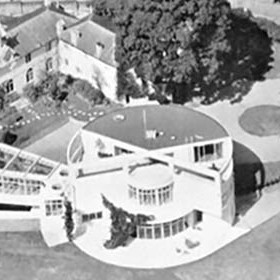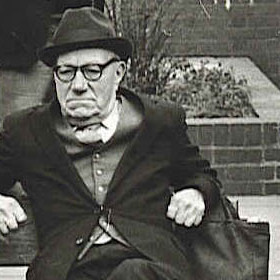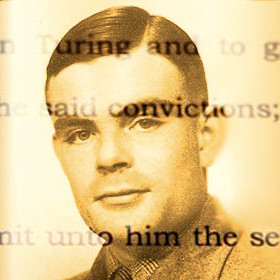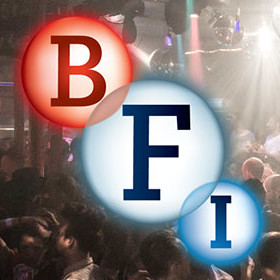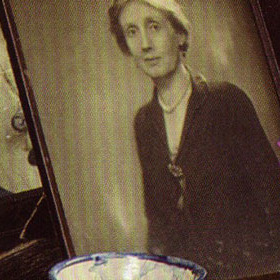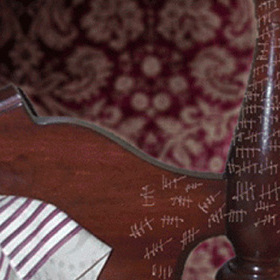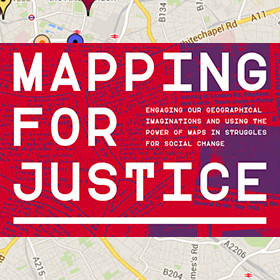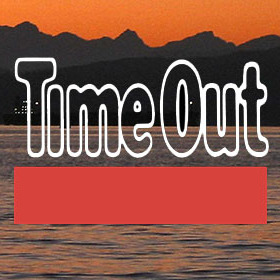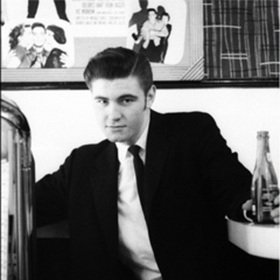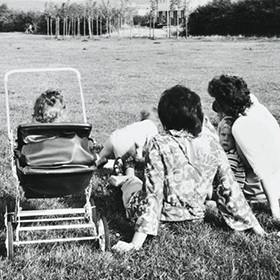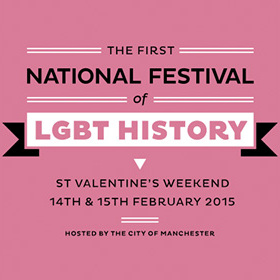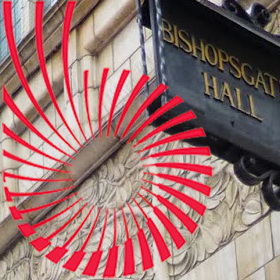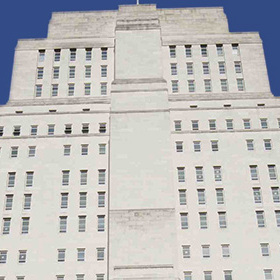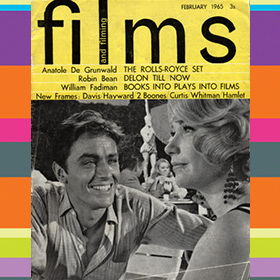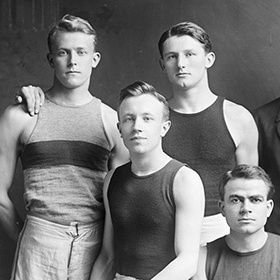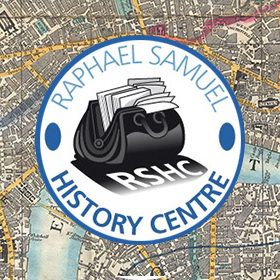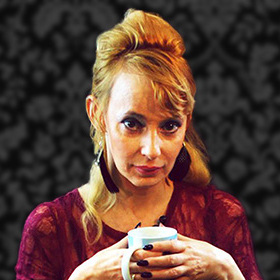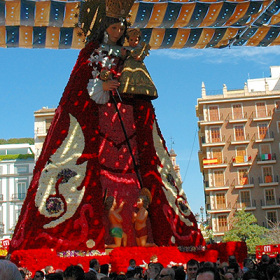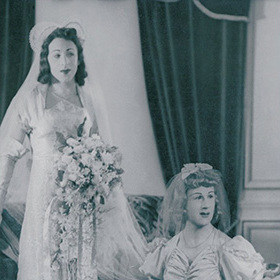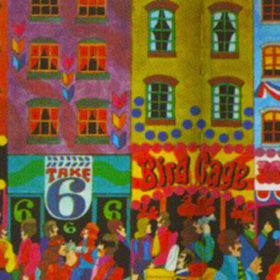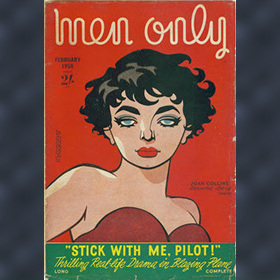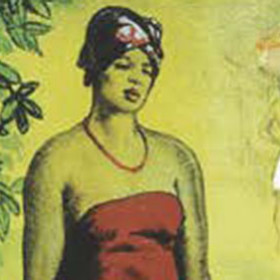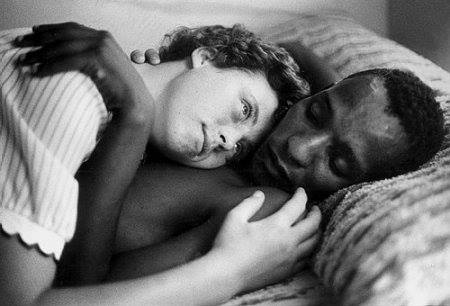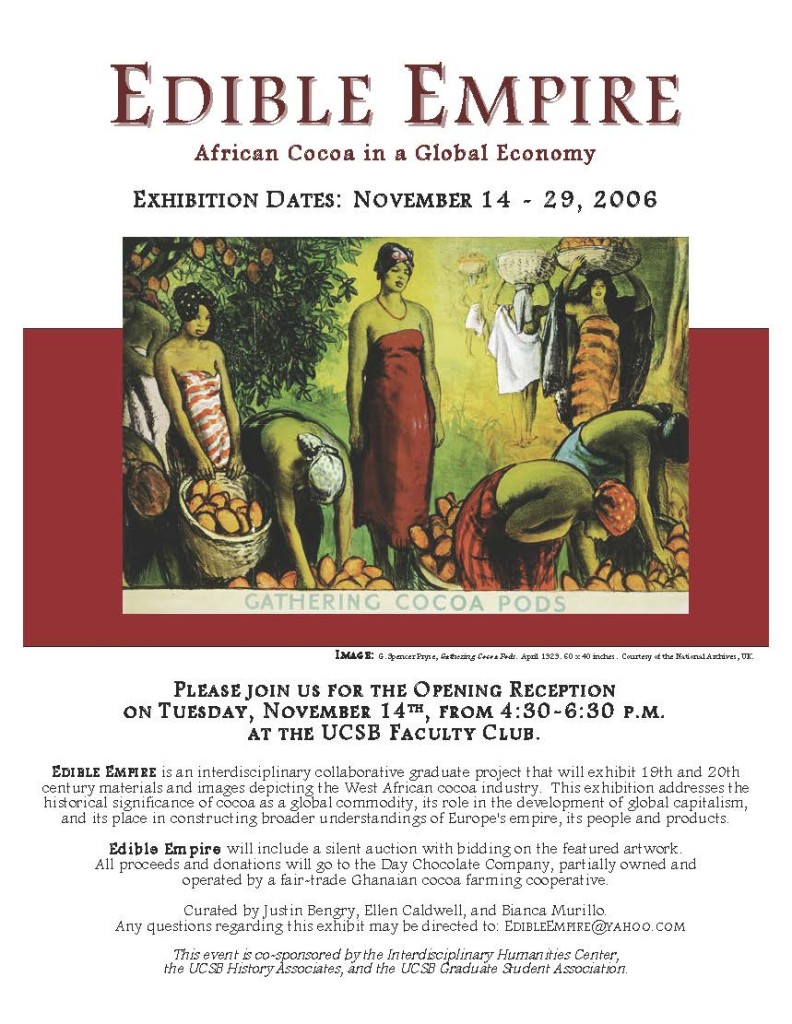The Pink Pound: Community Course
June, 2014 · By Justin Bengry
In 2014 I was asked by the Bishopsgate Institute to teach a source-based course for the wider public on the history of the ‘pink pound’.
Capitalists have sought this lucrative group of consumers relatively openly since the onset of Gay Liberation in the 1970s, but particularly from the 1980s and 1990s growth of a more public gay and lesbian community.
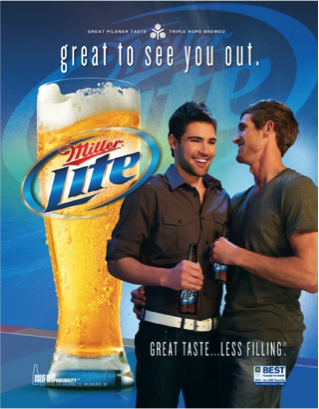 Queer men in particular, but also women, have been targeted as a valuable market segment ever since. They are assumed to have higher incomes and lower financial responsibilities than other consumers, greater interest in leisure services and related goods, and also to be eager and early adopters of new products. Already in 2006, according to an Ingenious Group marketing conference, gay men and lesbians were worth some £70 billion to British businesses, and their value as consumers has only grown since then. How long have businesses sought to attract this lucrative market? And what is the historical relationship between capitalism and homosexuality?
Queer men in particular, but also women, have been targeted as a valuable market segment ever since. They are assumed to have higher incomes and lower financial responsibilities than other consumers, greater interest in leisure services and related goods, and also to be eager and early adopters of new products. Already in 2006, according to an Ingenious Group marketing conference, gay men and lesbians were worth some £70 billion to British businesses, and their value as consumers has only grown since then. How long have businesses sought to attract this lucrative market? And what is the historical relationship between capitalism and homosexuality?
A blog is also available at the Bishopsgate Institute’s site describing the course.
History of Sexuality Seminar at the Institute of Historical Research
January, 2014 · By Justin Bengry
Founded in 2014, and sponsored by the Raphael Samuel History Centre, the History of Sexuality Seminar at the Institute of Historical Research is the first provision of its kind in the UK that supports discussions of histories of sexuality across theme, period and region.
I am a founding co-convenor of the successful History of Sexuality seminar, which meets regularly at the Institute of Historical Research at Senate House, London. The seminar explores historical perspectives on themes as varied as sexual reform and identity-based movements, sexuality and urban space, medical and criminological discourses on sexuality and representations of sexuality. It also explores the historiography of the field, along with those varied methodological and theoretical approaches to the study of the sexual past that have shaped the history of sexuality as a sub-discipline. Finally, the seminar provides a forum for an exploration of the intersections between the history of sexuality and other related academic practices – including those of gender, feminism, psychoanalysis, and the study of the emotions.
More information and updates on future papers to be given at the seminar is available on our Facebook page and twitter @IHR_Sexuality.
All Boys Together: Homing in on Homosociality
October, 2013 · By Justin Bengry
Looking at homosocial spaces historically, we see that sexuality (or at least sexual desire) could not always be identified, and in some cases was actively overlooked where it was economically advantageous.
As part of the 2013 ‘Girls & Boys‘ season of public talks at London’s Bishopsgate Institute — a valuable London institution dedicated to community education — I was invited to give a talk on homosociality to a mixed audience that filled the venue’s library. I used the opportunity to look at how homosociality was experienced (or imagined) historically in sports, the military, media and other all-male preserves. The talk also opened up conversation about how homosociality was still used in advertising to sell particular kinds of products, and who was (and was not) included in this kind of advertising and imagery.
The talk was based on the holdings of Lesbian and Gay Newsmedia Archive (LAGNA), held in the Bishopsgate collections. LAGNA also wrote a up a fun tongue-in-cheek blog about the talk.
Talk Description:
“All boys together? Nudge nudge. The belief that all male institutions are breeding grounds for homosexuality, has been a constant one. But what does go on behind the doors of the executive boardroom or the communal changing room? Is homosexuality the elephant in the room? The serpent in the grass? Or is it all just homosexual wish fulfilment fantasy?”
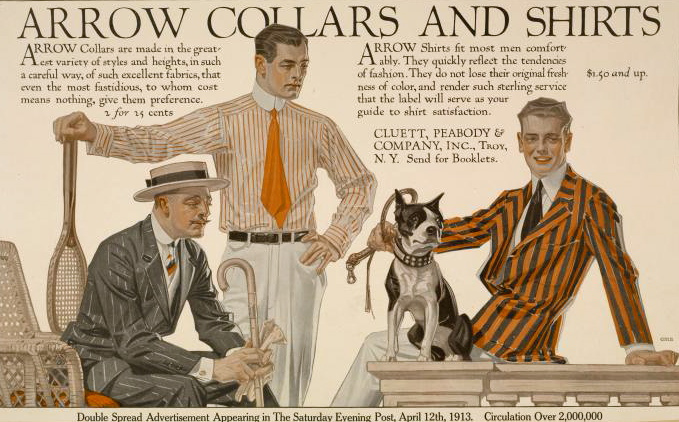
Raphael Samuel History Centre
May, 2013 · By Justin Bengry
In 2013 I was invited to become an Associate of the Raphael Samuel History Centre (RSHC)
The RSHC is a research and educational centre devoted to encouraging the widest possible participation in historical research and debate. In particular, I have helped to develop the gender and sexualities stream at the RSHC, which includes editing the Notches blog, co-convening the IHR History of Sexuality Seminar, and other initiatives in collaboration with the Bishopsgate Institute, London and the London Metropolitan Archives.

About the Centre:
The Raphael Samuel History Centre was founded in 1995 to promote research into the modern history of East London. Since then its remit has broadened to London history in general; comparative metropolitan histories; memory studies; and psychoanalytic approaches to history. The Centre is interdisciplinary in approach, combining the interests of social and cultural historians with those of researchers in adjacent disciplines, especially cultural and political studies, English literature, and human geography. In September 2009, the Centre was relaunched as a three-way partnership between the University of East London (UEL), Birkbeck, University of London and the Bishopsgate Institute; Queen Mary, University of London joined the partnership in 2012. This partnership enables a substantial expansion of the Centre’s work on many fronts, including new research projects, collaborative study programmes and public events. The goal is to for the centre to become a national hub for historians working at all levels.
Edible Empire: African Cocoa in a Global Economy
November, 2006 · By Justin Bengry
Edible Empire was an interdisciplinary exhibition of 19th and 20th century materials and images depicting the West African cocoa industry. Exhibition themes explored the historical significance of cocoa as a global commodity, its role in the development of global capitalism, and its place in constructing popular understandings of Europe’s empire.
Co-curated with Ellen C. Caldwell and Bianca Murillo, and in collaboration with The National Archives (UK), the Getty Research Institute Special Collections (US), and the University of California, Interdisciplinary Humanities Center.

